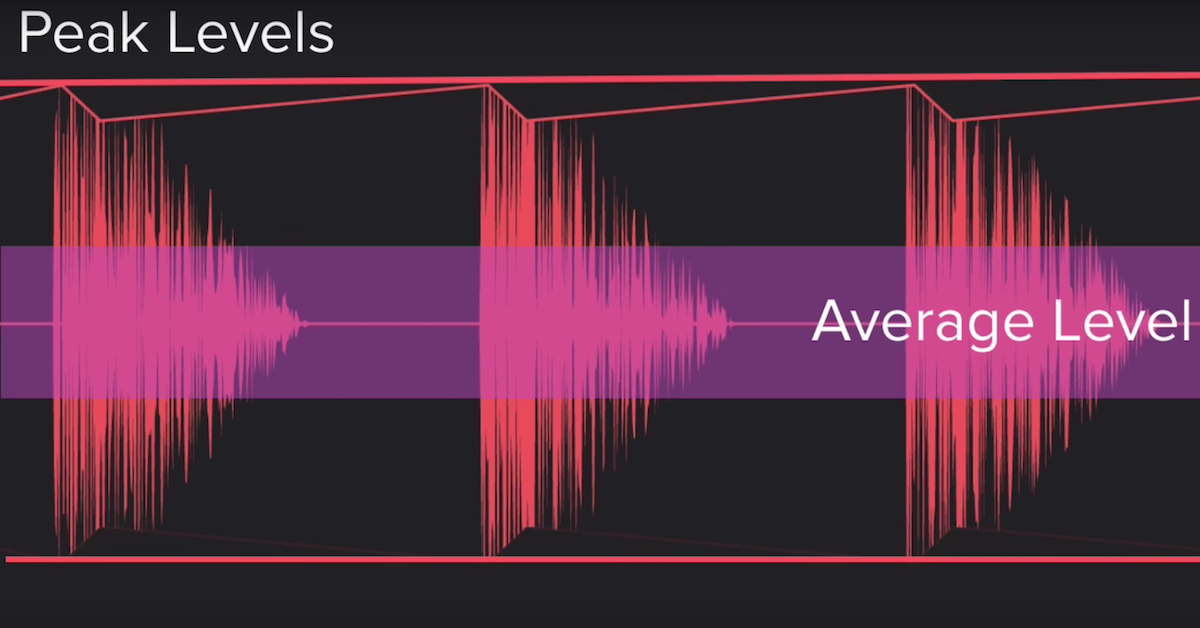How to Deal with Rejection
Article Content
At some point in your career, you will experience rejection. The question for any creative person is not “will you be rejected” but “how will you deal with rejection once you experience it?”
Successful artists aren’t people who never get rejected; they’re people who know how to deal with rejection and use that experience to grow both musically and personally. So next time you experience rejection, here are a few strategies to consider.
Smash the System
Psychologists will tell you not to take rejection personally, but that advice isn’t exactly easy to follow. While you may be able to tell yourself that the rejection isn’t really about you, it can be hard to overcome the negative emotions we all feel when someone tells us our work isn’t good enough.
Rather than battling with your emotions, sometimes it’s best to just admit that rejection sucks, and then take measures to get those bad feelings out of your system. Smash something, write an angry letter (that you don’t send), take up kickboxing—just don’t keep your feelings bottled up, otherwise you’ll end up lashing out angrily at the person who rejected your work or taking your frustration out on friends and family.
Wrong Address
Sometimes a rejection doesn’t mean that your work is bad, just that it was addressed to the wrong person. Not every music fan will like every song you release, and not every client or record label will appreciate every mix you send them either.
Consider how author Barbara Kingsolver (The Poisonwood Bible) deals with rejection letters from editors: “This manuscript of yours that has just come back from another editor is a precious package,” she says. “Don’t consider it rejected. Consider that you’ve addressed it ‘to the editor who can appreciate my work’ and it has simply come back stamped ‘Not at this address’. Just keep looking for the right address.”
Join the Club
It requires confidence to take an album that has already been rejected by one label and send it to another, hoping for a positive response, but that’s exactly what successful artists have done for decades. U2, Wilco, Madonna, Elvis Presley—all of these artists were rejected by at least one label before signing to another. Even the Beatles received a rejection letter from Decca Records (saying that “guitar groups are on the way out”) before they first signed to Parlophone.
If it took all of these artists several tries to find success, what makes you think that you’ll be able to succeed on your first shot? Rather than seeing every rejection as a failure, see it as a sign that you’re part of an exclusive club of artists who have all dealt with the same experience as you.
Room to Grow
Some people will reject your work because they just don’t get it, but others might actually have useful criticism to offer. The trick is in knowing how to separate the useful criticism from the useless.
In order to figure this out, it can be helpful to ask yourself some questions: Is the criticism corroborated by other sources? Is the person giving the criticism someone you trust? Do they have an interest in helping you? Do they have a good understanding of your music genre? If the answer to any of these questions in “yes,” then it may be worth taking a look at their criticism to see if it can help you. At the same time though, it’s important to keep in mind that even the best critics can sometimes be wrong (see previous point about the Beatles).
Another Brick in the Wall
Most creative people will accumulate a large number of rejection letters throughout their careers.
Some people simply ignore these letters. Some destroy them in some cathartic way (by setting them on fire, for example). Others, however, will keep them in a special drawer or email folder.
That’s because every rejection you receive now means you’re one step closer to finding acceptance later.
The rejection may hurt in the moment, but one day you’ll be able to look back on it and see how far you’ve come.





